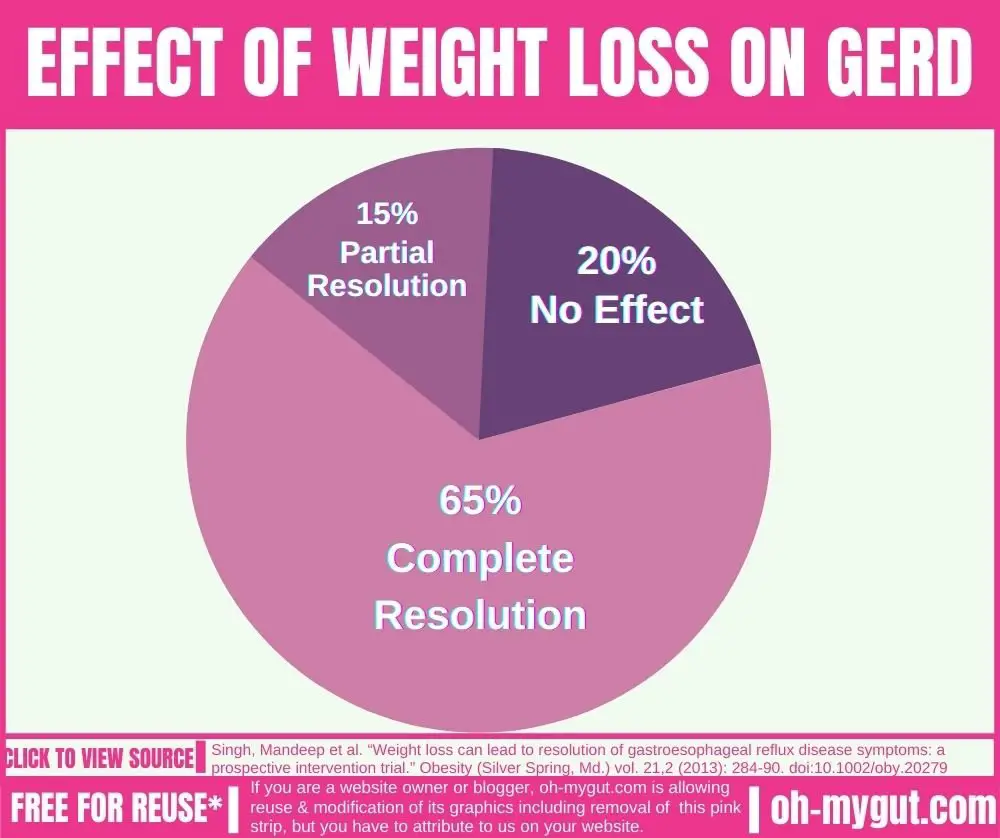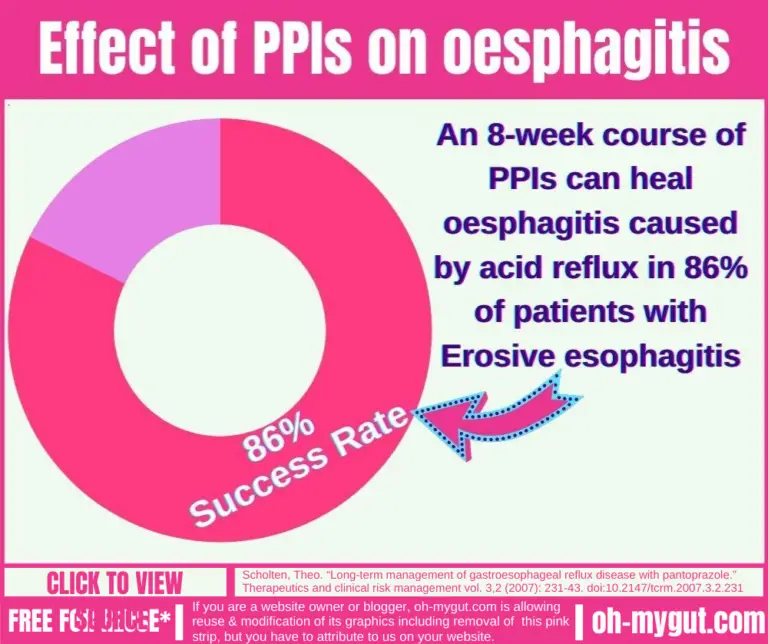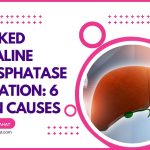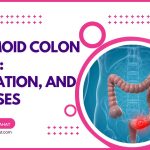How to cure GERD Permanently: WHAT REALLY WORKS?
Our content is not intended nor recommended as a substitute for medical advice by your doctor. Use for informational purposes only.
In a nutshell:
- Generally speaking, GERD is a treatable (controllable) disease. But it cannot go away forever with the current standard treatments.
- But, in certain circumstances, GERD can be cured permanently, for example, through weight loss in obese patients or with anti-reflux surgeries.
- Today, we’ll discuss what really can cure your GERD permanently; those are the most effective, Evidence-based GERD treatments:
- The only lifestyle modifications that have a piece of strong research evidence to cure acid reflux are weight loss and head elevation in bed.
- A “weight loss diet plan,” if you are obese, is the most effective way to cure GERD permanently without medications.
- Medications cannot Permanently cure your GERD, but they’re necessary to control the disease and prevent or reverse the complications.
- Surgery can cure your GERD permanently, but it is not for everyone.
- If the usual medications do not control your GERD, talk with your doctor about alternative explanations for your heartburn, such as functional heartburn, Bile reflux, and reflux Hyper-sensitivity.
Can GERD be cured permanently?
There is no answer to this question that can fit all GERD patients. Your GERD may be different from other people’s GERD. And consequently, some can permanently cure GERD while others cannot.
Whether it can be cured or not depends on the type of GERD [ref]:
1- Classical (Clinically significant GERD):
The classical type is more frequent; typically, symptoms present two or more days per week. And it is NOCTURNAL (worsens at night).
This type of GERD is the most prominent form and impacts patients the most. It’s probably the type of GERD that made you come to this article and raise the question: can GERD be cured Permanently?
Clinically significant GERD is considered Treatable (NOT curable).
Treatable means that treatments can control the symptoms and prevent or reverse complications (but it cannot make it go away forever “cured”).
However, in special cases, GERD can be cured permanently. Keep reading, and we will explain to you later in this article
2- Physiological GERD:
Physiological GERD can happen to any of us at some time. Usually less severe and only related to meals (NOT Nocturnal) and happens less frequently.
Physiological GERD is usually less annoying to patients than clinically significant GERD. And can be easily controlled permanently by diet and lifestyle changes.
3- Non-classical forms of GERD:
Sometimes, GERD medications are ineffective, and you still have severe symptoms, and those can be due to either:
- A severe form of GERD (especially with hiatal hernia).
- GERD-like conditions such as:
- Functional heartburn.
- Reflux Hypersensitivity.
- Non-Acid reflux.
MORE:
1- LOSE weight: the single most effective lifestyle modification that can permanently cure GERD.
An interesting study of people undergoing weight loss had magnificent results. About 81% of the study participants experienced an improvement in GERD after six months of the weight loss program.
And this is not only an improvement. Most 81% of patients (65%) had also been cured completely of GERD by losing weight.

But it’s worth mentioning that this solution works only if you are overweight. Being obese is a major risk factor for GERD.
So,
If you have GERD+OBESITY, losing weight is the best option to cure your GERD permanently.
2- Head elevation.
Head elevation consistently improved esophageal acidity and symptoms in research, especially if you have regurgitation, reflux pharyngitis, cough, or asthma.

So, if you want to take more steps towards curing your GERD, you should take head elevation during your sleep seriously. And not only use the standard pillows, but you should also use “Wedge Pillows.
Wedge pillows are different from standard pillows. It elevates your whole chest and head, and this results in better control of your GERD and:
- You can sleep better at night.
- You will have less pain during sleep time.
- You will feel better in the morning.
- And if you use it daily, you will start seeing better long-term results, such as improvements in sore throat, dry cough, and lump sensation in the throat, which are present in some patients.
PRO TIP: avoid lying in a supine position directly after meals, even if you are not going to sleep. This can help to reduce your GERD symptoms.
3- Other LIFESTYLE modifications that work:
In the previous sections, we told you that weight loss and head elevation are the two most effective lifestyle modifications that can cure your GERD permanently.
However, other options can make a big difference when controlling your GERD. I will specifically mention the things that have satisfactory scientific evidence:
A- Smoking and alcohol cessation.
Tobacco and alcohol can lead to a relaxation of your lower esophageal sphincter and a worsening of GERD.
Although addictive, trying to quit them can help improve your acid reflux. Also, if quitting is not an option for you, limiting the consumption of alcohol and smoking can lead to improvements.
And here are some tips to consider with alcohol and GERD:
- Limit yourself to just one drink.
- Avoid alcohol 3-4 hours before bedtime.
- Keep a food diary to assess the impact of different types of alcohol on your GERD.
B- Workout.
Scientific evidence shows mild to moderate exercises can help your GERD, especially if you practice regularly.
Workouts to try:
- Walk 30-60 minutes per day.
- Very light jogging.
- Yoga.
- Riding a stationary bike.
- Abdominal Breathing exercise.
- Swimming.
Workouts to Avoid:
- Weight lifting.
- Rock climbing.
- Gymnastics.
- Competitive cycling.
Avoiding the latter activities as they strain your abdominal muscles would be best. And this can lead to increased acid reflux.
C- Stress management.
Stress and anxiety can lead to a special type of GERD called “functional heartburn” or “reflux hypersensitivity.”
Stress and anxiety can lead to GERD-like symptoms that don’t respond to standard GERD treatments.
- If you suspect you have “functional heartburn,” talk to your doctor about this possibility and the optimum management (which may include pain-modulating medications).
- Try stress management techniques at your home.
- Practice Yoga.
Learn more about functional heartburn.
3- The only FOOD strategy that can cure GERD permanently.
Food may not have a direct, immediate impact on curing your GERD. No sufficient scientific evidence that diet can help your GERD. Diet modifications to improve GERD are not even routinely recommended for all patients in some GERD guidelines, such as the Canadian guidelines.
BUT…
If you are OBESE, you can put a strategic food plan to lose weight. Losing weight in obese GERD patients can cure GERD permanently.
“A WEIGHT LOSS DIET PLAN IS THE MOST EFFECTIVE STRATEGY TO CURE GERD IN OBESE PATIENTS PERMANENTLY.”
This is the only way food can help cure your GERD.
On the other hand, certain foods and food habits can ruin your GERD. Avoiding these foods and food habits can significantly improve your acid reflux symptoms.
“No food can cure your GERD, But many foods (& food habits) CAN RUIN your GERD.”
Foods to avoid with GERD:
- Fatty foods, high fat-containing foods such as junk food.
- Caffeine, chocolate.
- Spicy food.
- Carbonated beverages.
- Peppermint.
Food habits to avoid in GERD:
- Large meals: eating one or two big meals daily can increase acid reflux. This is because a “full stomach” can increase the chances of reflux. Instead, eating small meals can help.
- Night meals: don’t eat 3-4 hours before bedtime.
4- MEDICATIONS: can they cure GERD Permanently?
An eight-week course of standard GERD medication (PPIs such as Esomeprazole) can reverse the esophageal damage caused by acid reflux in 86% of patients.
So, GERD medications are very effective, but…
This is not considered a permanent GERD cure as healing of esophagitis/esophageal erosions can reoccur again after discontinuing the medications.
This is because these medications are good for controlling GERD symptoms and complications but do not treat GERD cause.
And this is why GERD is generally considered a treatable (not curable) disease.
Also, the long-term use of GERD medications may have some drawbacks:
- Long Term PPIs use: is linked to some consequences such as dementia, kidney diseases, C. difficile infections, bone diseases, and others.
- Long-Term H2 blockers (Famotidine and Ranitidine): tolerance to H2 blockers (such as Zantac ®) develops rapidly. It can develop after one week of therapy. This limits its efficacy and its use in the long term.
- Long Term use of antacids: is also not advised due to their weak efficacy and the development of side effects such as diarrhea and kidney diseases. Don’t use antacids for more than two weeks without the consultation of your doctor.
SO…
Curing your GERD permanently is usually not achievable with medications. But medications are extremely important in controlling GERD flare-ups, preventing or reversing complications such as esophageal erosions or Barrett’s esophagus.
We advise you not to cease or continue any GERD medication by yourself.
Always work with your doctor to determine your best option. Your doctor can weigh medications’ benefits and drawbacks on your GERD and general health.
5- SURGERY can cure your GERD permanently, but shall you undergo surgery?
Long-term observational studies report that 90-95% of adults are satisfied with the results of their anti-reflux surgery.
After assessing 2655 Swedish GERD patients in a large study investigating the efficacy of anti-reflux surgery, the researchers found that 82.3% of patients had been cured permanently of GERD.
The remaining 17.3% had GERD recurrence. But most of them had controlled their GERD adequately with medications, and only a small fraction needed another GERD surgery.
This promising GERD surgery results doesn’t mean surgery is for everyone. Usually, we (doctors) have indications for GERD surgery as not all patients can benefit from this surgery.
Common reasons to think about surgery for your GERD are:
- You failed to improve with medical management despite optimal drugs and compliance.
- You have high-volume reflux.
- Having a large Hiatus hernia
- The endoscopy reveals severe esophagitis or esophageal complications such as benign stricture, Barrett’s esophagus.
- Another potential indication is extra-esophageal symptoms such as laryngitis, cough, asthma, and dental enamels; however, the study results about anti-reflux surgery are still controversial. Work with your doctor to determine the best option.
PRO TIP: If you suffer from GERD and obesity ( especially if you have Body Mass Index >40), talk with your doctor about Bariatric surgery.
Although bariatric surgery is not a direct anti-reflux surgery, you can permanently cure your GERD through weight loss. You can ask your doctor about the possibility and the efficacy of Bariatric surgery and the best type of operation that can help your acid reflux.
- Evidence-based
- Written by a doctor.












